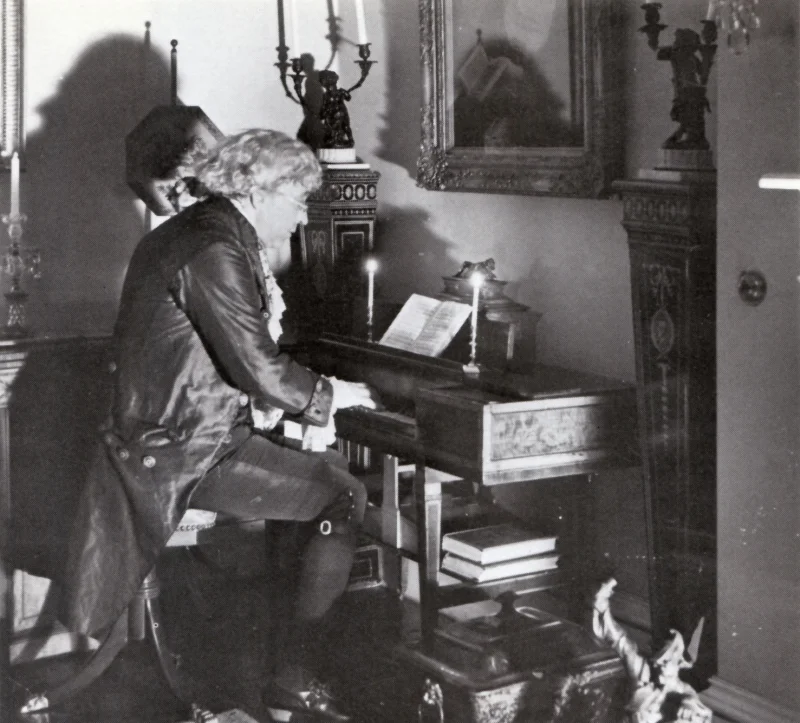Short Summary
David Hilbert was a German mathematician renowned for his foundational work in several areas of mathematics, including algebra, number theory, and mathematical logic. His contributions significantly shaped the development of 20th-century mathematics. Hilbert's famous list of 23 unsolved problems, presented in 1900, guided much of the century's mathematical research. He is celebrated for his role in formalizing mathematical theories and for promoting an axiomatic approach to mathematics.
Early Life & Education
David Hilbert was born on January 23, 1862, in Königsberg, Prussia, now Kaliningrad in Russia. He was the son of Otto Hilbert, a judge, and Maria Therese Erdtmann. Hilbert attended Friedrichskollegium Gymnasium before transferring to the more academically inclined Wilhelm Gymnasium. In 1880, he entered the University of Königsberg, where he was influenced by mathematicians such as Ferdinand von Lindemann and Adolf Hurwitz. Hilbert earned his doctoral degree in 1885, with a dissertation on invariant theory, under the guidance of Lindemann.
Career Highlights
David Hilbert's career was marked by significant contributions to various fields of mathematics. In 1895, he was appointed as a full professor at the University of Göttingen, a leading center for mathematical research. His work in algebraic number theory led to the publication of "Zahlbericht," a foundational text. Hilbert's 1900 presentation at the International Congress of Mathematicians in Paris, where he outlined 23 unsolved problems, was a pivotal moment in mathematical history. He also worked on the foundations of geometry and contributed to the development of formal logic and the theory of infinite-dimensional spaces.
Major Achievements
- Formulated 23 Hilbert Problems: These problems set the research agenda for mathematics in the 20th century.
- Developed Hilbert Space Theory: Pioneered the study of infinite-dimensional spaces, which are crucial in functional analysis and quantum mechanics.
- Contributed to the Axiomatization of Geometry: His work in this area helped formalize the foundations of geometry.
- Advanced Algebraic Number Theory: His "Zahlbericht" unified previous work in the field and laid the groundwork for future developments.
Famous Quotes
- "We must know. We will know."
- "Mathematics is a game played according to certain simple rules with meaningless marks on paper."
Interesting Facts
- Hilbert was a key figure in establishing Göttingen as a world-renowned mathematics center.
- He advocated for women in mathematics, famously supporting Emmy Noether's work.
- Hilbert was an accomplished chess player and believed the game had mathematical value.
Legacy / Influence
David Hilbert's influence on mathematics is profound and enduring. His formalization efforts and the axiomatic approach he championed have shaped modern mathematical thought. Hilbert's problems continue to inspire mathematicians, and his work laid the groundwork for significant advancements in various mathematical disciplines. His legacy is evident in the continued relevance of his ideas in mathematics and related fields like physics.
FAQ
Q: Why is David Hilbert famous?
A: He is famous for his foundational work in mathematics and his list of 23 unsolved problems.
Q: What are Hilbert's contributions to geometry?
A: He contributed to the axiomatization of geometry, formalizing its foundations.
Q: What is a Hilbert Space?
A: It is an abstract vector space used in functional analysis and quantum mechanics.












